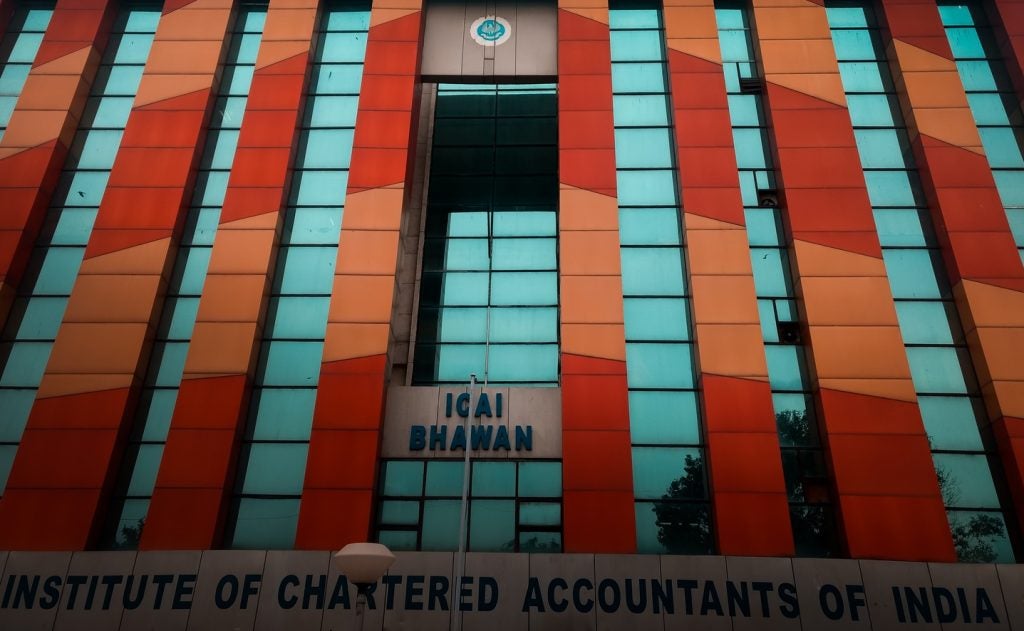UK chancellor Philip Hammond’s remarks to a French newspaper about not wanting to turn the UK into a tax haven after Brexit, contradicting a previous statement, have been met with a defeaning silence by most in the accountancy profession.
“I often hear it said that Britain is considering participating in unfair competition in regulation and tax,” UK chancellor Philip Hammond said in an interview with French newspaper Le Monde. “That is neither our plan nor our vision for the future. The amount of tax we raise as a percentage of our GDP puts us right in the middle of the pack.”
He added that the UK would keep a social, economic and cultural model that is recognisably European.
These remarks contradicted an earlier interview given to the German media, in which he had suggested the opposite.
This magazine asked for comments from a number of accountancy stakeholders, but the topic seems to be too poisonous for even the most experienced PR departments.
At EY, a spokesperson said: “I am afraid this isn’t something that we have a comment on.”
There was the same response from the ICAEW, which pointed out the political nature of the question.
How well do you really know your competitors?
Access the most comprehensive Company Profiles on the market, powered by GlobalData. Save hours of research. Gain competitive edge.

Thank you!
Your download email will arrive shortly
Not ready to buy yet? Download a free sample
We are confident about the unique quality of our Company Profiles. However, we want you to make the most beneficial decision for your business, so we offer a free sample that you can download by submitting the below form
By GlobalDataSimilarly, this magazine was told that, following internal discussion, CIMA would not be making any comment.
At CIPFA, although it launched a Brexit advisory commission in March this year, the same music played: no comment at this time although The Accountant was invited to attend an event in October that would address the impact of Brexit on the tax system.
Some did dare to answer, though.
At ACCA, head of taxation Chas Roy-Chowdhury pointed out that over time tax competition would be inevitable were the UK to quit the EU.
“It all depends on what happens next. If the UK does leave the EU, over time I think the UK will become more and more streamlined and hence it will become even more tax competitive,” he said. “But it all depends on the deal the UK gets and if it actually ends up leaving the EU at all, because that is actually up in the air at the moment, and I think everyone should work on getting a good outcome helping the EU and the UK.”
The UK has always had a far lighter touch then other EU jurisdictions, he added. “So it already has got the platform to make itself even more competitive so it is quite likely. But, from my point of view, I just hope that we have an outcome that is favourable for the EU and the UK and for businesses and individuals rather than just focusing on tax.”
CBW, Accountants, Tax and Business Advisors (DFK International) tax consultant Robert Maas pointed that the contradictions reported in Hammond’s interviews to French and German media were simply media mischief.
“The chancellor previously said that if the UK does not secure a good trade deal with the EU, we would do whatever we have to do. It was the media who turned that into a threat to become a tax haven. I very much doubt that was ever in Mr Hammond’s mind,” Maas said.
“Tax haven” can mean different things to different people, he continued. “We are already on course for a 17% corporation tax rate because we want to be an attractive place to do business. That is lower than in most European countries – with the obvious exception of Ireland, which has a 12.5% corporation tax rate.”
Mass said that he doubted Brexit would have an effect on UK tax policy other than enabling the UK to get rid of “some of the anomalies that the EU VAT system forces on [the UK]”.
“However, never say never. If Brexit were to significantly damage the UK economy, we would obviously have to adapt our tax policy to that new situation,” he went on. “I also do not think that, at the end of the day, Europe really wants tariffs between itself and the UK. […] There are also a lot of other countries that would be happy to sell to us and I doubt that there is much that we buy from Europe that we cannot buy elsewhere if we are forced to. So I do not think there is any need to fashion tax policy to reflect Brexit.”
For Richard Murphy, professor of practice in international political economy at City, University of London, Hammond’s remarks were another attempt to set himself apart from the more extreme Brexit thinking.
“It was not so long ago that Hammond was in Germany and was among those suggesting that the UK might use tax competition as a mechanism to challenge an uncooperative EU,” Murphy said.
“It is now apparent that he has appreciated that all the Brexit odds are stacked in the EU’s favour, that if the UK is to stay within the OECD framework of taxation there is very little it can do to effectively compete on tax, and that in a post-Brexit impoverished Britain he will need very penny of tax that he can get as chancellor and is now singing a very different tune.”
Brexit reality is hitting home to some at least in the Conservative Party, Murphy concluded. “For Hammond at least, it seems that taking back control is all about retaining any semblance of good order that he might still be able to muster.”
At the time of publication PwC and KPMG had not replied to our request for comment.






